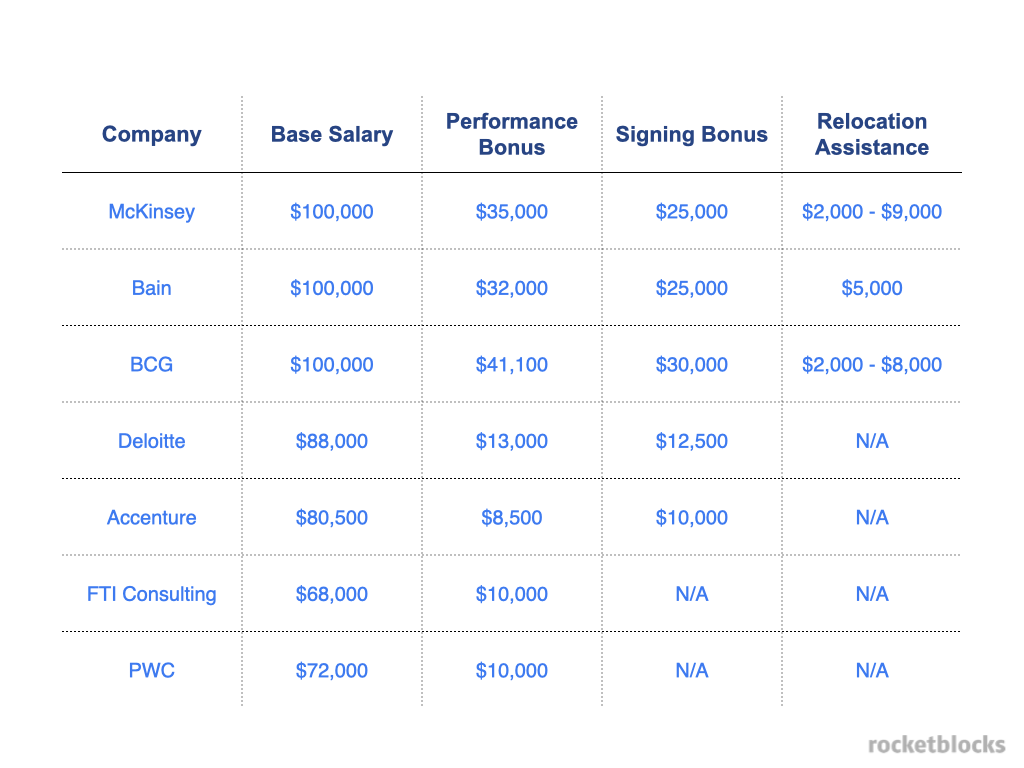
There are many factors to consider when choosing an investment advisor. This article will discuss Fiduciary responsibility and conflicts of interest. Hourly rates and retainer fees are also discussed. Make sure you choose an investment advisor who complies with these regulations. Your advisor should be registered with the Securities and Exchange Commission (SEC) or the state securities agency.
Fiduciary accountability
Fiduciary duties require investment advisors to act in client's best interest and to disclose material facts to avoid conflicts. Financial liability and civil liability can be triggered by a breach of fiduciary duties. Excessive trading or inappropriate margin trading are examples of breaches of fiduciary duty. False representations about securities are also examples.
Fiduciary duties require investment advisors to act in clients' best interests and keep their clients' interests at the forefront. This includes making sure their advice is relevant to the client's goals. To do so, the advisor needs to know enough about the customer’s financial situation. Fiduciaries are generally able to decide what is best for clients and then share that decision with clients.
Conflicts of interest
Potential conflicts of interest must be disclosed to clients by investment advisers. This disclosure must include details about the nature of any conflict, how it is managed, and how advisers will mitigate it. This information must be made public at the time of an initial recommendation and whenever the adviser recommends that an investor keep an investment. The circumstances surrounding the relationship between the client and adviser will determine whether an adviser has a conflict.

Conflict of interest is when financial interests of the client and an investment advisor are not compatible. For example, an investment professional could have a financial incentive sell a specific security. An advisor gets a commission from an introducing broker when an investor buys the security. Advisors will seek out investments that pay the highest commissions.
Hourly rates
Investment advisors can charge hourly, flat, or other fees depending on how much time they are spending with their clients. These fees are typically disclosed upfront. Before paying for any services, clients should see an invoice. Hourly rates can also vary depending on experience and specialization. Expert advisors may charge more than less experienced ones.
For firms providing investment advice, the hourly fee model is very popular. The hourly rate is reasonable when the service is only performed once. For ongoing management, you may prefer a flat rate, or a percentage, however.
Retainer fees
Although commission-based advisors are attractive for their low cost, they may not be the right choice for every client. Such advisors are salespeople and earn commissions based on sales of their clients' financial products. These products may include mutual funds, stocks, or insurance. Retainer-based advisors, on the other hand, do not charge commissions and are more transparent.
Retainer-based, financial planning avoids conflicts of interests. The advisor gets paid 1% to 2% of the portfolio's total value. For example, if the client has a $500,000 portfolio, the advisor would earn $5,000 to $10,000 each year. This type of arrangement can be costly and may create conflict of interests. In addition, some retainer-based financial planners earn ancillary income from the implementation of the client's investment plan.

How to choose an investment advisor
The best financial decision you will make is choosing an investment advisor. You should choose someone who is registered, accredited, has a track of success, and can offer you advice and products. The Investment Industry Regulatory Organization of Canada (IIROC) regulates all Canadian investment brokers and monitors compliance.
There are many kinds of advisors. The best advisor for your company will depend on your goals. While past successes don't guarantee future results, a strong relationship with an advisor can create a trusting, honest relationship. Look for someone who communicates with their clients regularly and focuses on long-term goals rather than just making short-term decisions based on emotions.
FAQ
Which industries employ consultants
There are many types and styles of consultants. There are many types of consultants. Some specialize in one type of business, while others can handle multiple areas.
Some consultants work exclusively for private businesses, while others represent large corporations.
Many consultants also work internationally to assist companies from all corners of the globe.
Do I really need legal advice?
Yes! Yes. Many consultants will create contracts for clients without seeking legal advice. However, this can lead to problems down the road. What happens if a client terminates the agreement after the consultant's completion deadline? What happens if the consultant doesn’t meet the deadlines specified in the contract.
It's best to consult with a lawyer to avoid potential problems.
How did modern consulting come to be?
Consultants were originally accountants who could help companies manage their financial affairs. Their skills in managing financial information led to them being called "accounting consultant". The role soon expanded to include other areas, including human resources management.
The French word for advice, "consultant", was originally used to describe someone who could advise on the management of an organization. Even today, many business owners still use "consultant" when referring to professional advisors.
How do I become successful as a consultant?
The first step is to find an area you are passionate about. Next, you need to establish relationships. You need to know what clients want and how they operate. And finally, you must deliver results for them.
While you don't need to be the best at all things, it is important to be better than others. Passion is key. It doesn't suffice to say, "I will be a consultant." It is important to believe in yourself and the work you do.
What happens when the consultant finishes the job?
After the consultant completes their work, he/she will submit a final summary of the results. This report will include project timelines and deliverables as well as any other relevant information.
Next, you will review the report and determine if the consultant has met your expectations. If it does not, you can ask for changes or terminate the contract.
Do I have to pay tax on consulting income
Yes, you will need to pay tax on your consultancy profits. This amount will depend on how much you earn each year.
If you're self-employed, you can claim expenses on top of your salary, including rent, childcare, and food.
But, interest payments on loans, vehicle and equipment depreciation will not be allowed to be deducted.
If your annual income is less than PS10,000, you can only claim 25% back.
However, you might still have to pay tax if your earnings are higher than the threshold. This depends on whether you are an employee or contractor.
Employers are taxed via PAYE (pay as your earn), and contractors through VAT.
Why do you need consultants?
There are many reasons why you might need to hire consultants:
-
You may have a problem or project that your organization needs to solve.
-
You would like to improve your skills or learn new things
-
You'd like to work in conjunction with an expert in a specific field
-
No one else is available to take on the task.
-
You feel overwhelmed with all the information you see and don’t know where it is.
-
You don't have the money to pay someone full time
Referrals are the best way for you to find a qualified consultant. Ask around if anyone knows any reputable consultants. If you already know someone who works as a consultant, ask him/her for recommendations.
You can use online directories such as LinkedIn to find consultants in your local area.
Statistics
- On average, your program increases the sales team's performance by 33%. (consultingsuccess.com)
- Over 50% of consultants get their first consulting client through a referral from their network. (consultingsuccess.com)
- So, if you help your clients increase their sales by 33%, then use a word like “revolution” instead of “increase.” (consultingsuccess.com)
- My 10 years of experience and 6-step program have helped over 20 clients boost their sales by an average of 33% in 6 months. (consultingsuccess.com)
- WHY choose me: Why your ideal client should choose you (ex: 10 years of experience and 6-week program has helped over 20 clients boost their sales by an average of 33% in 6 months). (consultingsuccess.com)
External Links
How To
What Does A Typical Day For A Consultant Look Like?
A typical day will vary depending on the type of work you are undertaking. You'll spend your time researching new ideas and meeting clients.
You will have many meetings where clients and you can discuss their issues. These meetings may be over the phone via email, on-line, or face-to–face.
The proposal is a document that outlines your ideas and plans to clients. These proposals will be presented to clients by you and a mentor.
After all the planning and preparation, you will have to produce some content. This could include writing articles, designing websites or editing photos.
Based on the scope and complexity of the project you may need research to obtain relevant statistics. For example, you may need to find out how many customers you have and whether they are buying more than one product or service.
After gathering enough information, you can present your findings to clients. You may give your findings orally or in written form.
You must also follow up with clients following the initial consultation. For example, you might call them periodically to see how things are going or send emails asking them to confirm that they received your proposal.
Although it takes time, this process is worth it. It's also important to keep your eyes on the prize and maintain good relations with clients.